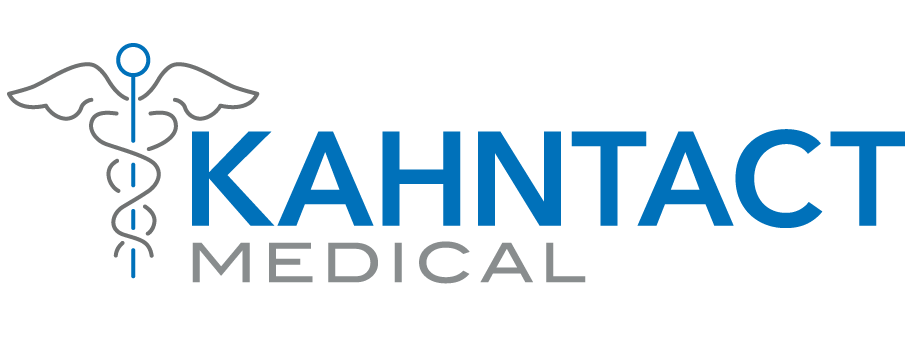What are school hearing test requirements?
Most states have put in place hearing screening test requirements and audiology testing guidelines for schools. Only seven states, Idaho, Wyoming, New Mexico, North and South Dakotas, Iowa and Alabama, do not require hearing screening testing for school-aged children. Six states, Hawaii, Montana, Wisconsin, Missouri, South Carolina and New Hampshire, suggest but do not require audiology testing for school-aged children. The remaining 37 states require hearing screening testing for children in varying grades and on children receiving special education services. Federal standards require all children entering into an Early Head Start and Head Start programs to undergo hearing screening tests. You can locate your state’s requirements for hearing screening school-aged children on the American Speech Language and Hearing Association website. You can also locate school hearing testing requirements on your state’s Health Department website.
Audiology screening tests are typically performed using Pure Tone audiometers in a quiet room free from visual distractions. Ideally environment noise levels are checked before screening tests are performed. Outlined in each state’s health services plan are referral measures for children whose audiogram suggests a hearing impairment or obstruction. In the case of a screening test with a failed result, a child would be referred to an audiologist for proper diagnostic testing using audiometers that test using air and bone conduction, which is to say testing of the middle and inner ear, as well as speech testing.
